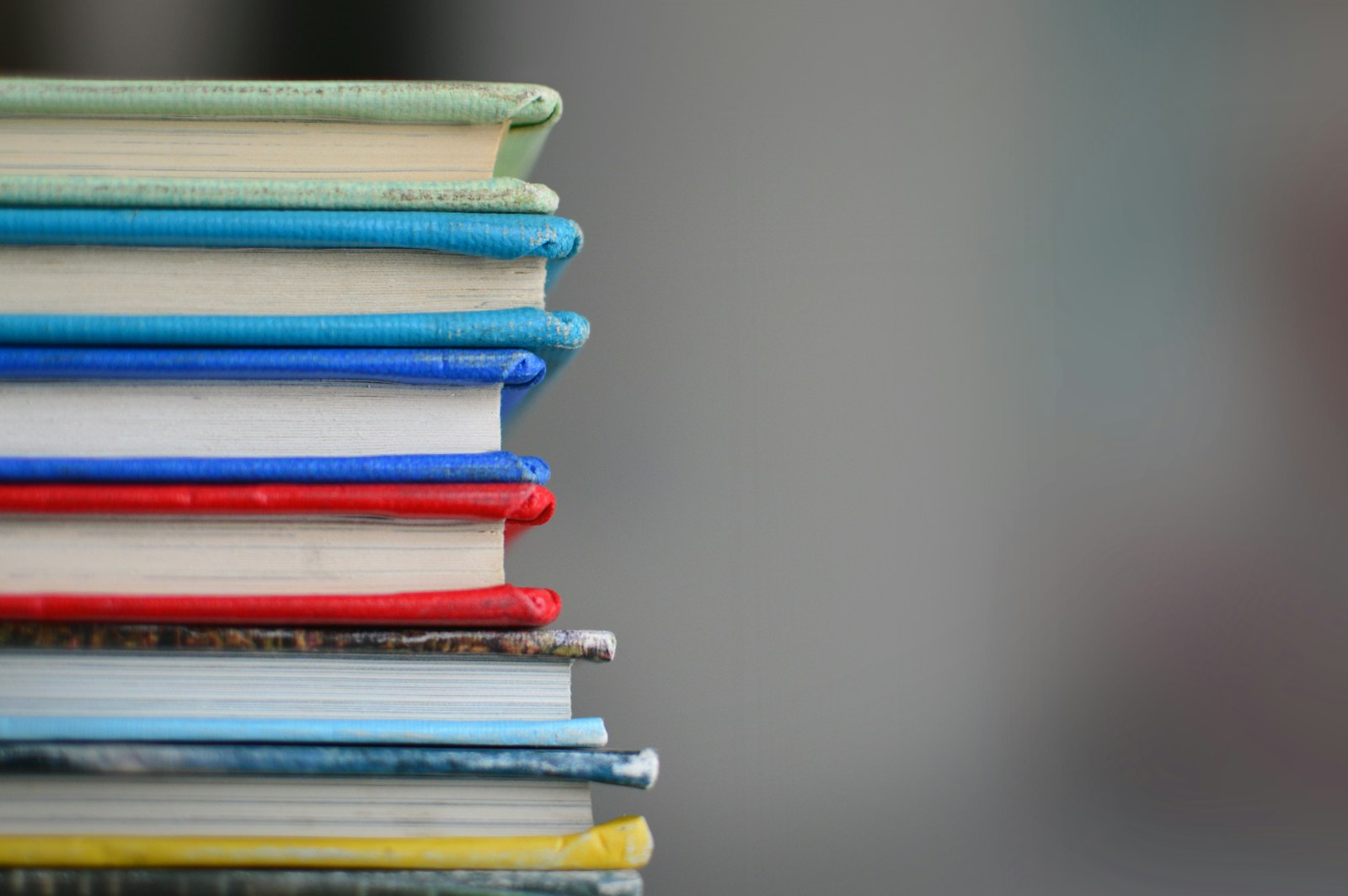Welcome to our comprehensive guide aimed at educators, parents, and caregivers looking to enhance their knowledge on crafting effective Individualized Education Program (IEP) goals for students struggling to stay on task. This article is designed to provide you with an in-depth understanding of how to create structured, achievable goals to support those who may face challenges in maintaining focus and completing tasks.
Through exploring various staying on task IEP goals and objectives, behavior goals for staying on task, and functional goals tailored to individual needs, you'll gain invaluable insights into fostering a supportive learning environment. Whether you're new to IEP development or seeking to refine your approach, this article will serve as a valuable resource for empowering students to succeed academically and behaviorally.
Exploring the Core of Staying on Task IEP Goals
Developing effective IEP goals for staying on task is crucial for students who find it challenging to maintain focus. These goals are tailored interventions designed to meet the unique needs of each student, ensuring they can succeed in both academic and behavioral domains.

A well-crafted IEP goal for staying on task not only outlines the specific expectations but also incorporates measurable milestones that can guide educators and students towards achieving greater focus and productivity.
By identifying the underlying factors contributing to the student's difficulty with staying on task, such as environmental distractions or a lack of interest in the subject matter, educators can then devise strategies and supports that address these issues directly. Staying on task IEP goals should be specific, measurable, achievable, relevant, and time-bound (SMART) to facilitate real progress.
Designing Behavior Goals for Enhanced Focus
Creating effective behavior goals for staying on task requires a thoughtful blend of observation and strategy, ensuring the goals are practical and tailored to the student's unique challenges and strengths. IEP behavior goals for staying on task focus on modifying a student's behavior through positive reinforcement and structured support.
- For instance, setting a goal that involves the student maintaining focus on a given task for a progressively longer period can encourage improvement over time.
- To succeed, these behavior goals should include clear criteria for success and a detailed plan for how teachers and caregivers can provide consistent, on-the-spot feedback.
This could involve visual cues, scheduled breaks, or the use of focus-enhancing tools like fidget tools or noise-canceling headphones. By recognizing achievements and addressing setbacks constructively, educators can help students develop the self-regulation skills needed to stay on task more effectively.
Crafting Comprehensive IEP Goals and Objectives for Staying on Task
Developing a comprehensive set of IEP goals and objectives for staying on task is instrumental in supporting a student's journey towards improved focus and task completion. A clearly defined IEP goal and objective for staying on task outlines the expected outcomes, the strategies employed to achieve these outcomes, and the metrics used for assessing progress.

For instance, an objective may specify the percentage of time the student is expected to stay focused during class or the number of assignments completed within a set time frame, offering a clear target for both students and educators. It’s important that these goals are not static; regular reviews allow for adjustments based on the student's progress and changing needs. Involving students in setting their goals can also enhance motivation and accountability.
This collaborative approach ensures that staying on task IEP goals and objectives are not only tailored to the educational environment but also promote a sense of agency in the students, leading to better engagement and success.
The Role of Functional Goals in Promoting Task Completion
Functional goals for staying on task represent a critical component of an IEP, focusing on the practical application of skills in everyday activities and learning environments. Unlike traditional academic goals, functional goals address real-world scenarios that students encounter daily, enhancing their ability to remain focused and complete tasks efficiently. These goals might include organizing a desk to minimize distractions, following a checklist to complete classwork, or using a planner to manage assignments.
By embedding these practical skills into their IEP, students not only work towards staying on task but also acquire lifelong skills in organization, time management, and self-regulation. Tailoring these goals to fit the student's individual needs ensures they are both challenging and achievable, paving the way for increased independence and success in managing their workload and daily responsibilities.
Monitoring Progress: Evaluating the Effectiveness of IEP Goals for Staying on Task
Evaluating the effectiveness of IEP goals for staying on task is pivotal in ensuring that students receive the support they need to thrive. Continuous monitoring and assessment allow educators and caregivers to track progress, identify areas of improvement, and adjust strategies as needed. This process often involves regular check-ins with students, review of completed work, and observations of classroom behavior and participation.
 It's essential to maintain open lines of communication between all parties involved, including the student, to discuss progress and make necessary modifications to the IEP. Celebrating successes, no matter how small, can motivate students and reinforce the importance of their efforts towards staying on task. By systematically reviewing the IEP goal staying on task and adapting it to meet the evolving needs of the student, educators can ensure that the plan remains effective and relevant, supporting the student's growth and learning achievements.
It's essential to maintain open lines of communication between all parties involved, including the student, to discuss progress and make necessary modifications to the IEP. Celebrating successes, no matter how small, can motivate students and reinforce the importance of their efforts towards staying on task. By systematically reviewing the IEP goal staying on task and adapting it to meet the evolving needs of the student, educators can ensure that the plan remains effective and relevant, supporting the student's growth and learning achievements.
